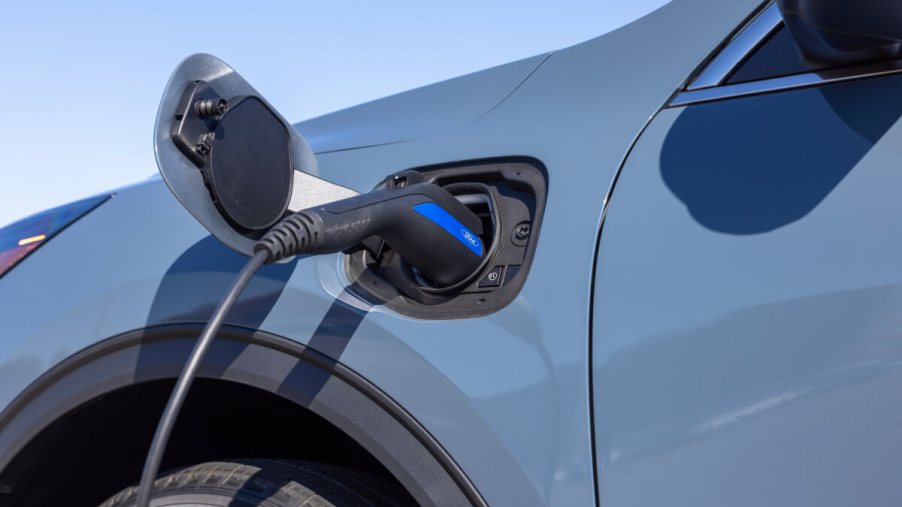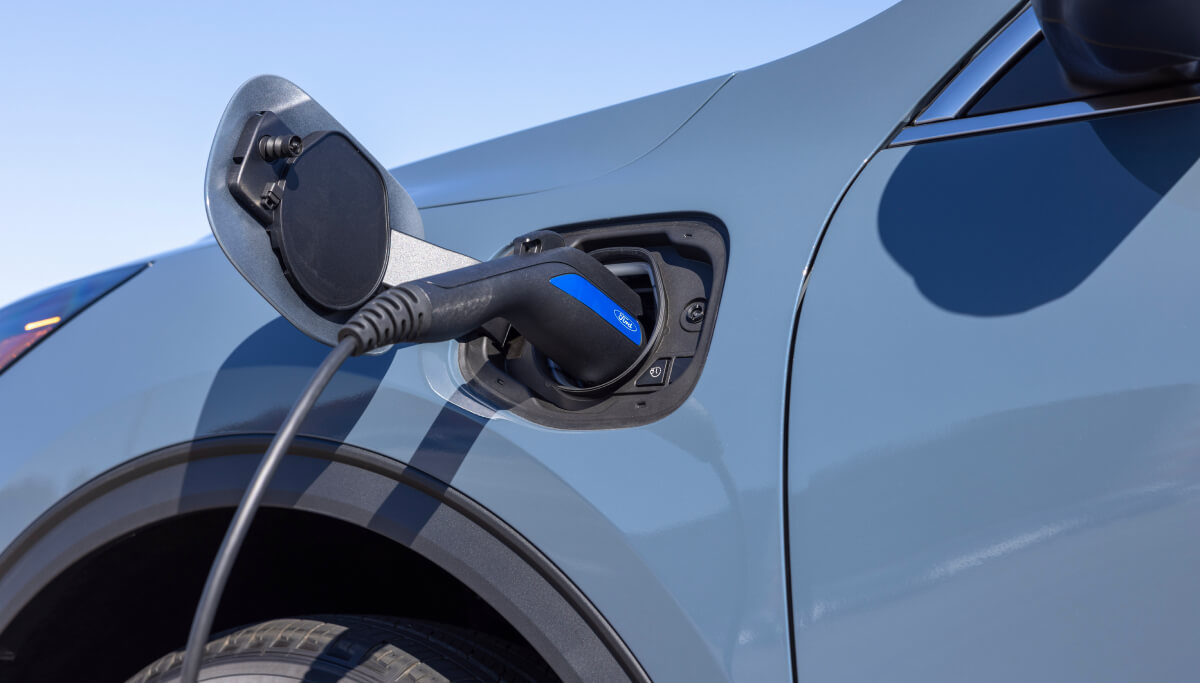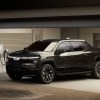
The 3 States With the Lowest Number of EV Chargers
With electric vehicle sales on the rise, an increasing number of people are searching for EV chargers. But with so many options available, it can be hard to know where to turn for reliable information. So, why do some states have such a low number of EV chargers? Low demand is one reason. If there are not many electric vehicles on the road in a particular state, there may be less incentive for businesses or governments to install EV chargers.
You also must consider that building and maintaining EV charging infrastructure can be expensive, and some states may not have the resources to invest in it. Some states may have geographic barriers that make it more difficult to install EV chargers. For example, rural areas may have less access to electricity or be farther away from existing infrastructure, making it more challenging to install and maintain charging stations.

Which states have the lowest total number of EV chargers?
When looking at EV charger availability across the US, several interesting trends emerge. Alaska, North Dakota, and South Dakota have the lowest total number of EV chargers.
According to a 2022 iSeeCars study:
- Alaska has a total of 113 chargers.
- North Dakota has a total of 62 chargers.
- South Dakota has a total of 79 total chargers.
However, given their population size and geographic makeup, this isn’t too surprising. If you look at things differently—by sorting by residents per charger—the numbers change dramatically.
For example, Mississippi has 34,589 residents per fast charger but only 85 fast chargers. Arkansas has 38,552 residents per fast charger but only 79 fast chargers. Kentucky has 40,651 residents per fast charger but only 111 fast chargers.
All these states fall well below the national average of 13k residents per charger—meaning they need more EV chargers!
What are the benefits of driving an electric vehicle?
The biggest benefit of driving an electric vehicle is that these vehicles produce zero emissions while driving. This can reduce air pollution and greenhouse gas emissions that contribute to climate change. Another benefit? Electric motors make much less noise than combustion engines, so you and your passengers will have a quieter and more comfortable driving experience.
Finally, electric motors always produce full torque, providing instant acceleration and a smoother driving experience.
Should I buy an electric vehicle?
The choice is up to you. In general terms, it’s clear that not all states are equal regarding electric vehicle charging infrastructure. Factors like population size play a big role—Alaska may have relatively few EV users compared to other states. However, its geographic size means that having enough charging infrastructure is still essential for those who do drive EVs there.
Ultimately though, no matter which state you live in or plan on visiting having access to reliable electric vehicle charging infrastructure is essential if you want your car to stay charged up while on the go!



